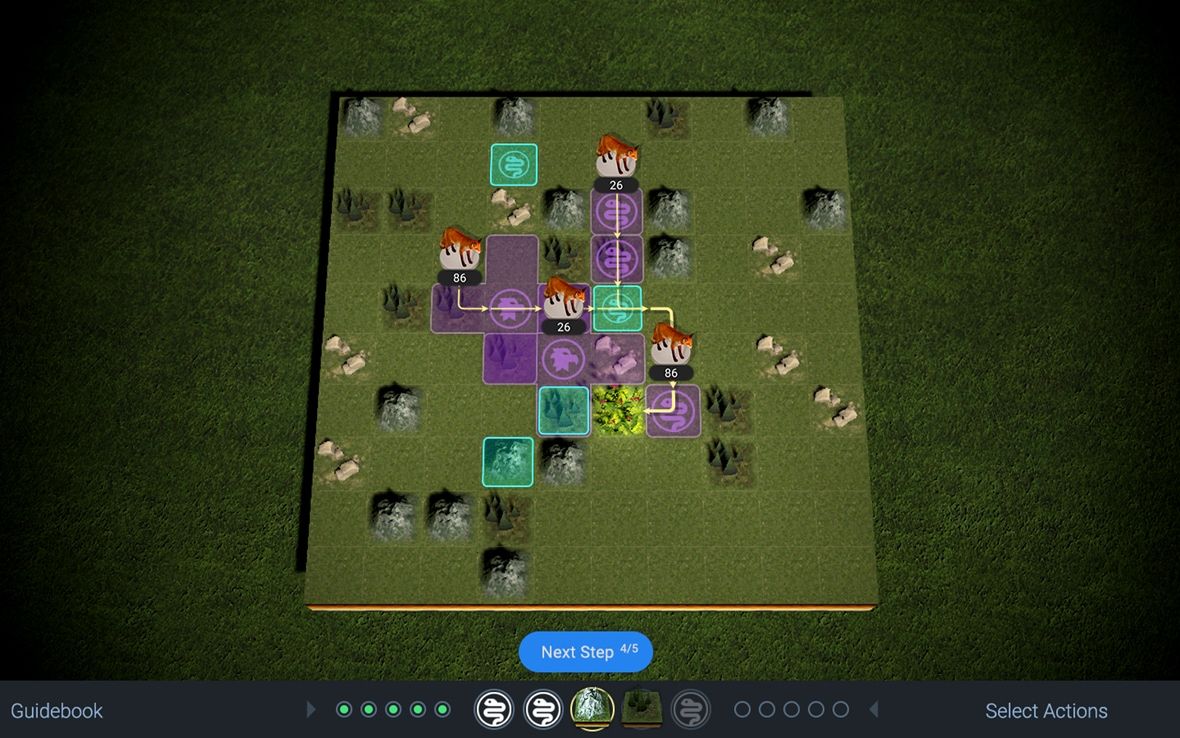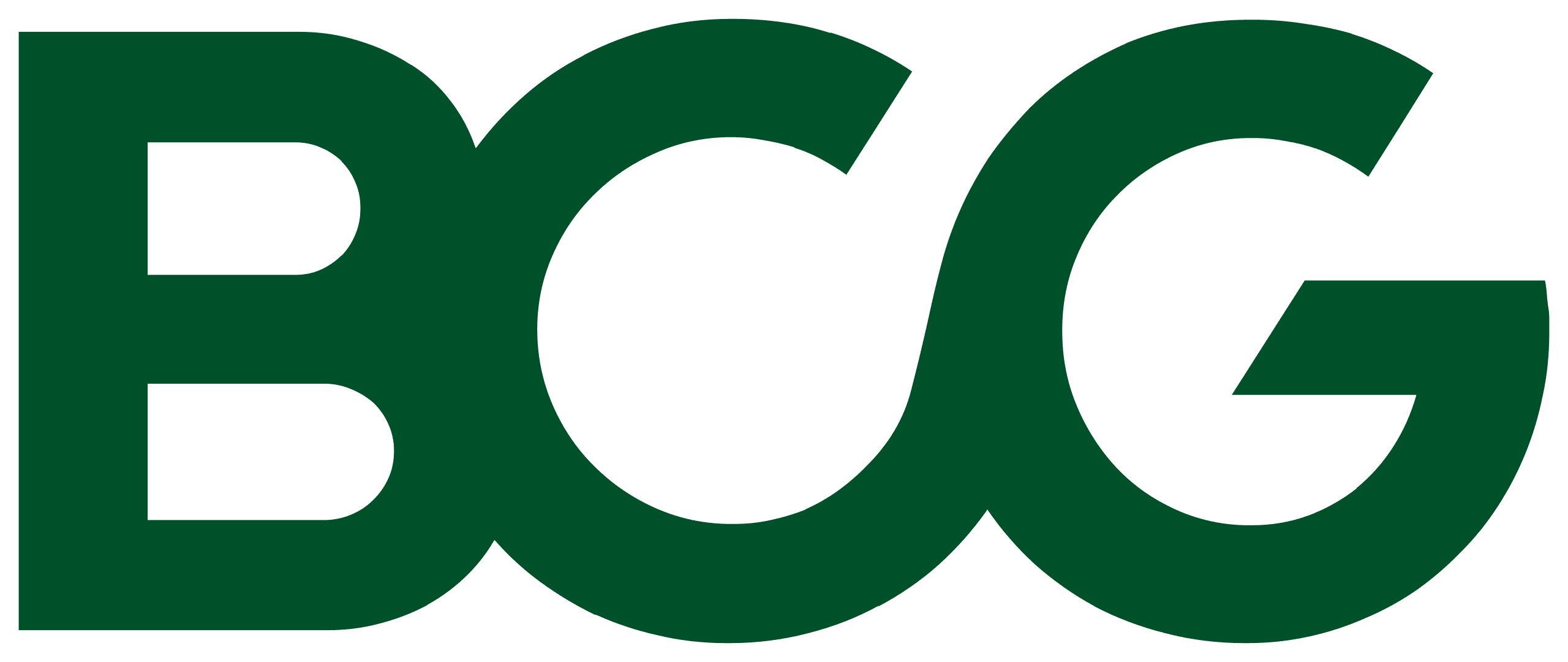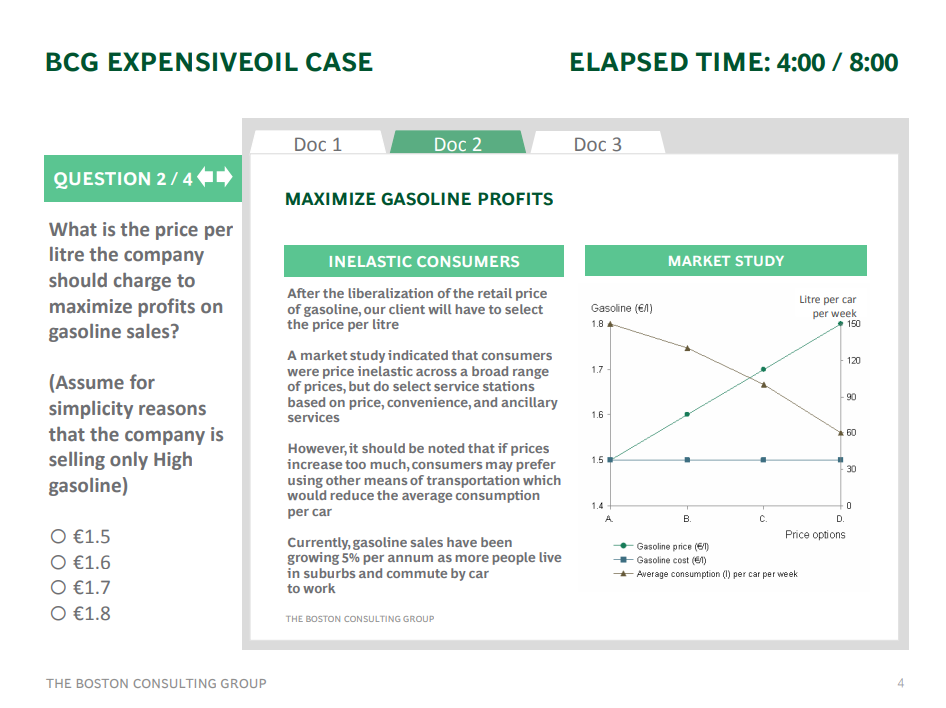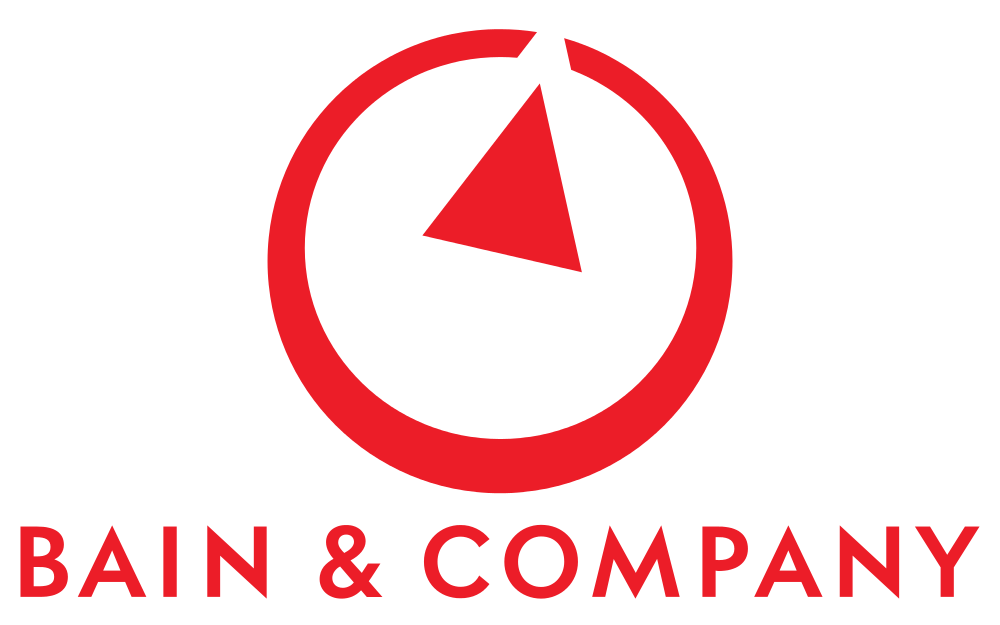Additional Elements of the Recruiting Process at McKinsey, BCG & Bain
Write your awesome label here.
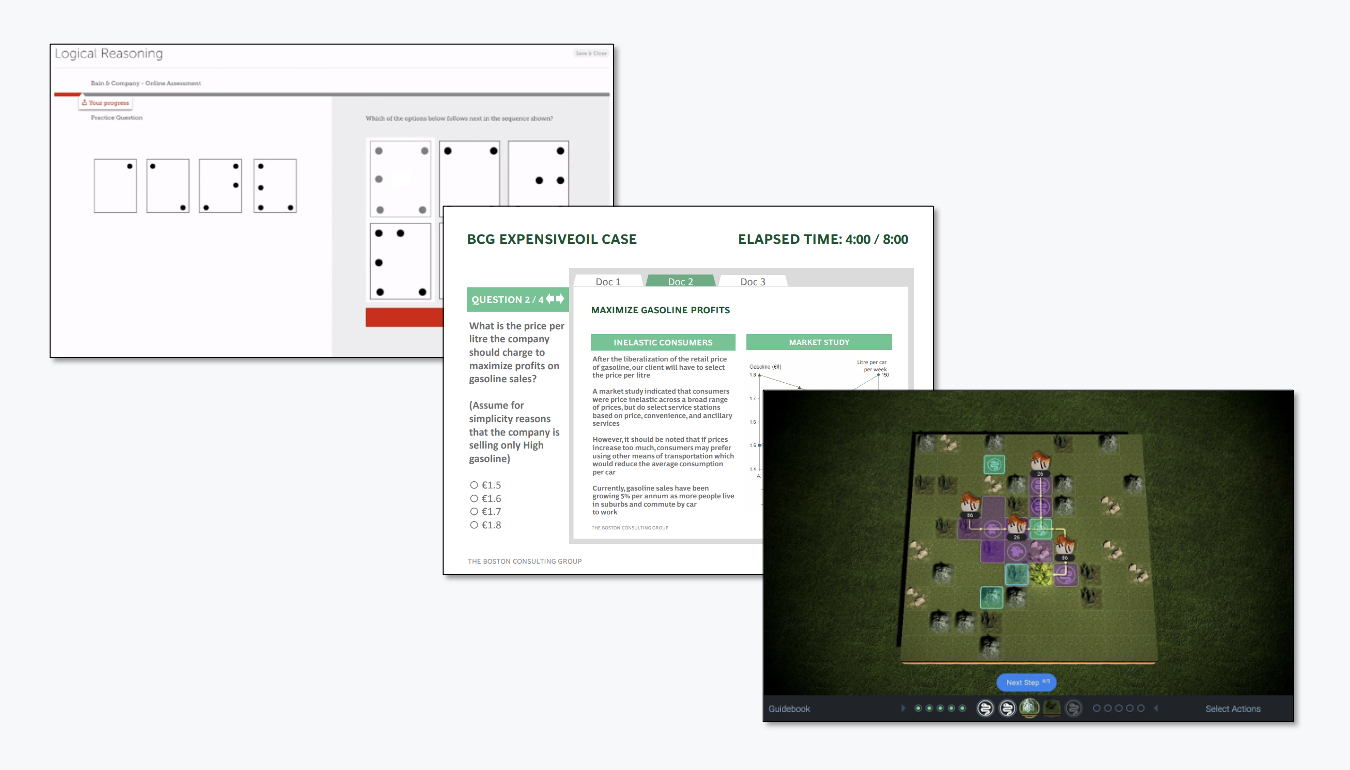
Introduction of additional candidate screening
The goal of the recruiting process at any firm, including consulting firms, is to identify candidates that will perform well on the job. For consulting firms, that means to test the qualities that make a good consultant already in the hiring process. Over time, it turned out that case interviews and personal fit interviews are the best predictor for success as a consultant.
These types of interviews, however, are time-consuming and very expensive. For them to be a reliable indicator, candidates typically have to go through multiple rounds of interviews with multiple interviews each. Passing one interview may be a fluke, passing 5 in a row does not happen by accident. That's why the most selective firms will put candidates through that many interviews. Now imagine the cost of that: training a bunch of consultants to be interviewers, developing a library of cases, conducting 5 individual interviews by 5 different interviewers, discussions among the interviewers, intermediate evaluations, final evaluations — you get the the idea. Meanwhile, the consultants could be doing project work, billing thousands of dollars per day to clients. Yet, consulting firms are sticking to these interviews, because they work, and because they're still cheaper than a mis-hire.
However, consulting firms wouldn't be consulting firms if they weren't looking for efficiency gains. One way to achieve this is to introduce additional elements and hurdles to the recruiting process. The idea is to reliably and with low effort — especially by consultants — weed out weaker candidates before they're admitted to an elaborate interview day. The problem is that nothing they've tried so far was a great predictor for interview and job performance. That's why you have to view whatever they throw at you as a first filter only. You don't necessarily need to ace it, you simply need to avoid doing terribly. Consulting firms cannot allow themselves to be too strict with these hurdles if they are so imperfect. Imagine sending home a rock-star candidate with an amazing CV and huge potential, just because he or she wrote a "B" on an online test. If these elements were perfect predictors, consulting firms would get rid of case interviews immediately. The fact that some firms don't use any such additional hurdles, others are constantly changing them, and everybody is doing something else should be enough evidence that these are not the most important elements of the hiring process. But still, you need to get past them, so let's look at what the top firms are doing.

